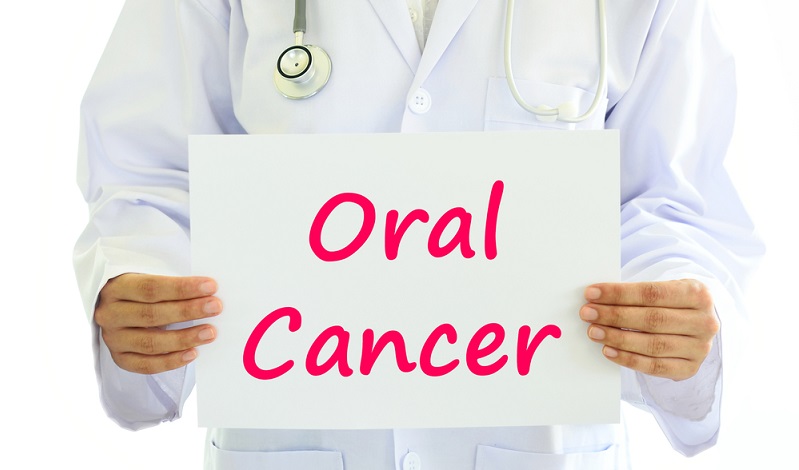Mouth Cancer: What Are the Signs, Symptoms, and Causes?
Contents
Are you concerned about the health of your mouth? Have you noticed any unusual changes lately? Mouth cancer is a serious disease that affects millions of people worldwide.
It’s crucial to understand the signs, symptoms, and causes of this condition so that you can take action early and prevent it from progressing.

In this blog post, we’ll explore everything you need to know about mouth cancer, including its risk factors, warning signs, and treatment options.
So grab a cup of tea and read on to learn how to protect yourself from this potentially life-threatening illness.
What is Mouth Cancer?
Mouth cancer, also known as oral cancer, is a type of cancer that develops in the tissues of the mouth.
It can affect any part of the mouth, including the lips, gums, tongue, and roof of the mouth. Mouth cancer is most often diagnosed in people over the age of 40.
Symptoms of mouth cancer include:
A sore or irritation in the mouth that does not go away
A lump or mass in the mouth
Bleeding in the mouth
Pain in the mouth
Difficulty swallowing-Numbness in the tongue or other areas of the mouth
Change in voice
If you experience any of these symptoms, it's important to see a doctor right away. Early detection is key to successful treatment.
Mouth cancer is caused by a combination of environmental and lifestyle factors.
Tobacco use (including cigarettes, cigars, and chew) is by far the leading cause of mouth cancer.
Alcohol abuse is also a risk factor. Other risk factors include:
Exposure to sunlight – this may contribute to lip cancer
Poor nutrition – a diet low in fruits and vegetables may increase your risk
Human papillomavirus (HPV) infection – this sexually transmitted virus has been linked to some types of oral cancer
Signs and Symptoms of Mouth Cancer
Mouth cancer, also known as oral cancer, is a type of cancer that affects the tissues in the mouth.
The most common type of mouth cancer is squamous cell carcinoma, which starts in the flat, thin cells lining the inside of the mouth.
Mouth cancer can occur on the lips, tongue, gums, roof of the mouth, and inside the cheeks.
The earliest sign of mouth cancer is often a canker sore or mouth ulcer that does not heal.
Other signs and symptoms include:
A lump or thickening in the cheek
White or red patches on the gums, tongue, or lining of the mouth
A sore throat that does not go away
Difficulty swallowing
Ear pain
Weight loss
If you experience any of these signs or symptoms, it's important to see your doctor or dentist right away so that they can rule out other potential causes and begin treatment if necessary.
Causes of Mouth Cancer
Mouth cancer can result from a variety of factors, with the most common causes including smoking, excessive alcohol consumption, and human papillomavirus (HPV) infection.
1. Smoking:
- Smoking is the leading cause of mouth cancer, responsible for about two-thirds of all cases.
- Tobacco use, in any form, increases the risk of several cancers, including mouth, lung, bladder, and pancreatic cancers.
2. Excessive Alcohol Consumption:
- Heavy alcohol consumption is another significant risk factor.
- Individuals who drink heavily are three to six times more likely to develop mouth cancer compared to non-drinkers.
3. Human Papillomavirus (HPV) Infection:
- HPV, a virus transmitted through sexual contact, can infect the lining of the mouth and throat, increasing the risk of mouth cancer.
- Studies show that people infected with HPV have a higher likelihood of developing mouth cancer compared to those without the virus.
Preventing or reducing these risk factors can lower the chances of developing mouth cancer. Regular dental check-ups and early detection are also critical for successful treatment.
Conclusion
Mouth cancer is a serious condition that can have devastating effects on the sufferer and their loved ones.
It's important to be aware of the signs, symptoms, and causes of mouth cancer so that you can seek medical attention as soon as possible if you experience any of them.
Additionally, it’s crucial to stay up-to-date with your dental checkups to ensure early detection and treatment for this life-threatening disease.
By being mindful of these things, hopefully, more people will be able to spot signs of mouth cancer before it becomes too late.


